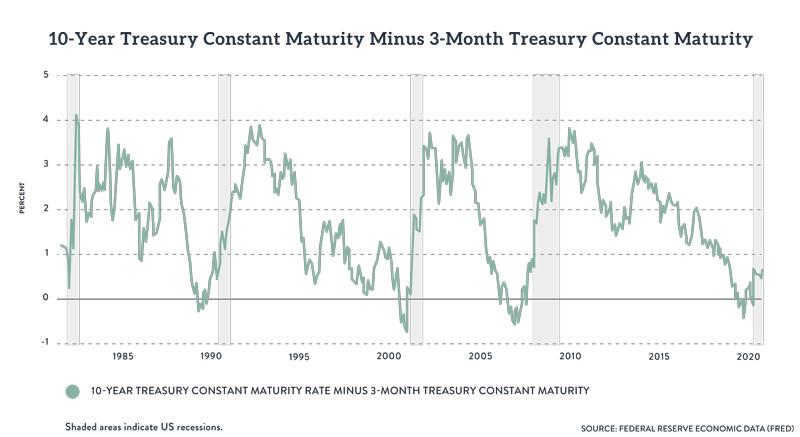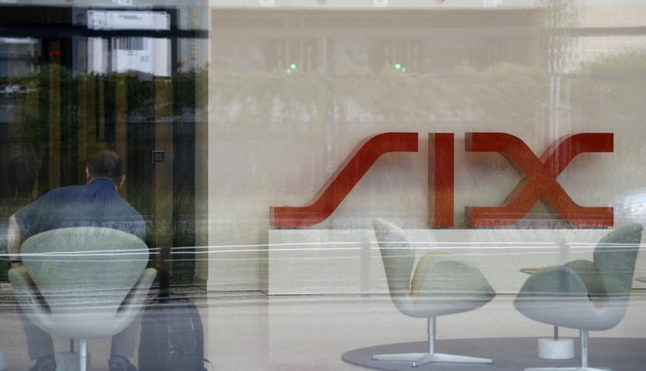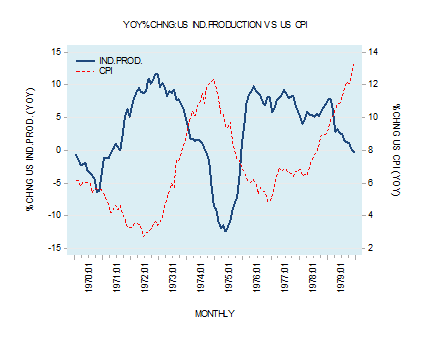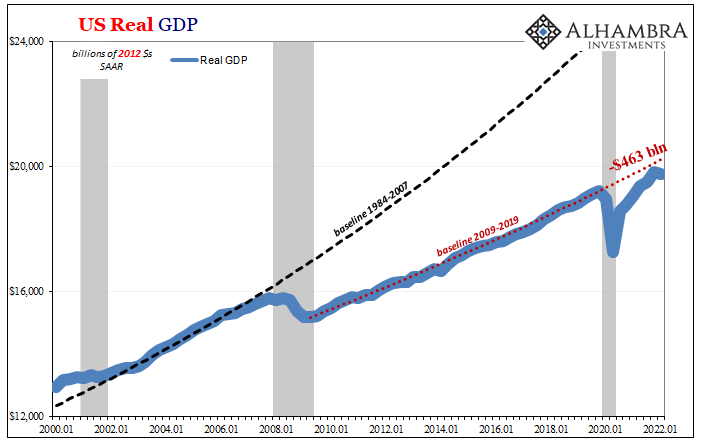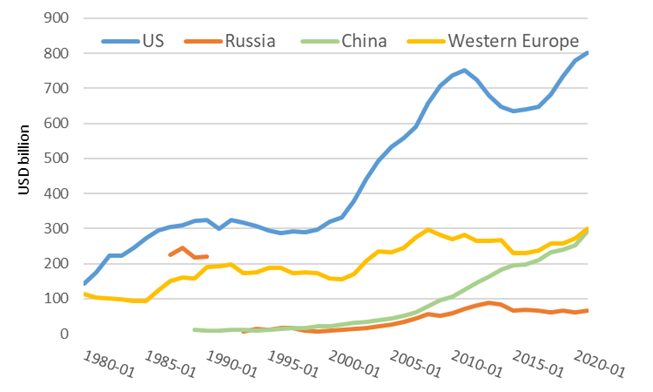Found 1,380 search results for keyword: label
ZKB-Ökonomen senken Konjunkturprognose für die Schweiz
Neu wird für 2022 mit einem Wachstum des Bruttoinlandprodukts (BIP) von 2,7 Prozent nach bisher 3,0 Prozent gerechnet und für 2023 mit einem solchen von 1,5 Prozent nach 1,7 Prozent, wie aus einer am Dienstag veröffentlichten Publikation hervorgeht.
Read More »
Read More »
Long shadow of Russian money raises tricky questions for Swiss bankers
January used to be a big month for Swiss bankers and their Russian clients. Many of the Moscow elite had made a tradition of coming to the Alps for the orthodox new year, skiing with their families, then catching up with their financial consiglieri.
Read More »
Read More »
Wird die Notenbank von der Retterin zum Problemfall für die Börsen?
Als die globale Wirtschaft und mit ihr die Börsen durch den Corona-Schock im Jahr 2020 massiv unter Druck gerieten, waren sie die Retter in der Not: die Notenbanken. Heute, etwas mehr als zwei Jahre später, blicken Anleger vornehmlich mit Sorge auf die Akteure in der Geldpolitik. Angesichts der anhaltend hohen Inflation bleibt der Fed (ebenso ihrem europäischen Pendant) wenig anderes übrig als mit Zinsanhebungen und dem Stoppen der...
Read More »
Read More »
Personalbestand in der Bankbranche nimmt weiter zu
Die Zahl der bei Banken in der Schweiz beschäftigten Mitarbeitenden stieg im vergangenen Jahr gemäss der Bankenstatistik der SNB um 0,7 Prozent auf 90'577. Trotz anspruchsvollem Umfeld und der Pandemie-Situation ist das zum zweiten Mal in Folge ein leichter Anstieg.
Read More »
Read More »
The Inverted Yield Curve and Recession
The “yield curve” refers to a graph showing the relationship between the maturity length of bonds—such as one month, three months, one year, five years, twenty years, etc.—plotted on the x axis, and the yield (or interest rate) plotted on the y axis.1
Read More »
Read More »
The Great Reset: Turning Back the Clock on Civilization
The covid-19 pandemic featured an unprecedented fusion of the interests of large and powerful corporations with the power of the state. Democratically elected politicians in many countries failed to represent the interests of their own citizens and uphold their own constitutions and charters of rights.
Read More »
Read More »
Vom Retter zum Problemfall – DJE plus News Juni 2022 mit Mario Künzel
In dem monatlich stattfindendem DJE plus News reflektiert Mario Künzel, Referent Investmentstrategie, die Marktgeschehnisse der vergangenen vier Kalenderwochen und gibt Ihnen einen Ausblick auf die kommenden Wochen.
Das nächste DJE plusNews findet am 20. Juli 2022 statt.
Hier können Sie sich dazu anmelden: https://web.dje.de/djeplusnews
Seit über vier Jahrzehnten setzt die DJE Kapital AG Maßstäbe in der Vermögensverwaltung und in Fonds.
Die DJE...
Read More »
Read More »
Aktien Schweiz Schluss – SMI fällt auf tiefsten Stand seit März 2021
Am Schweizer Aktienmarkt ist es auch am Dienstag weiter abwärts gegangen. Die Angst vor einem Abgleiten der Weltwirtschaft in eine Rezession hatte die Anleger fest im Griff. Niedriger war das Barometer der 20 grössten börsennotierten Unternehmen letztmals im März vergangenen Jahres. Weiterhin litten die Börsen unter einem "Cocktail aus Inflation, steigenden Zinsen und daraus resultierender Rezessionsangst", so ein Marktanalyst.
Read More »
Read More »
Öl-Konzerne: Die Not zum Wandel?
In diesem Jahr sind Aktien und Unternehmen in den Fokus der Anleger gerückt, die lange einen schwierigen Stand hatten. Dazu gehören unter anderem Rüstungsunternehmen - aber auch Öl-Konzerne. Letztere sind unser Thema im aktuellen Podcast. Ein boomender Ölpreis bescherte den Unternehmen zuletzt hervorragende Ergebnisse. Doch ist das volle Kurspotenzial damit bereits ausgereizt? Wie sehen die Zukunftspläne der großen Öl-Multis aus und vor welchen...
Read More »
Read More »
The Five Stages of Totalitarianism
Fears of a growing totalitarian tendency in the US have swelled during 2020–22. But how close are we really to a totalitarian state? How have such regimes come about historically and what are the warning signs? This article will answer these questions by examining totalitarian regimes in the eighteenth and twentieth centuries and the pattern by which they came to power.
Read More »
Read More »
What Is Stagflation and What Causes It?
The occurrence of stagflation is associated with a situation of general strengthening in the momentum of prices while at the same time the pace of economic activity is declining. A famous stagflation episode occurred during the 1974û75 period, as year-on-year industrial production fell by nearly 13 percent in March 1975 while the yearly growth rate of the Consumer Price Index (CPI) jumped to around 12 percent.
Read More »
Read More »
“Inflation” Not Inflation, Through The Eyes of Inventory
It isn’t just semantics, nor some trivial, egotistical use of quotation marks. There is an actual and vast difference between inflation and “inflation.” And in the final results, that difference isn’t strictly or even mainly about consumer prices.Who cares, most people wonder. After all, what does it really matter why prices are going up so far?
Read More »
Read More »
DJE-Marktausblick Juni 2022
Geldpolitik nach Augenmaß gut für die Börsen
Sorgen um das Wachstum überlagern die um die Inflation. In diesem Umfeld steigt die Hoffnung auf eine gemäßigtere Geldpolitik der US-Notenbank. In Europa dagegen steht die Zinswende noch aus. Geldpolitik per Autopilot dürfte den Börsen schaden, nach Augenmaß jedoch von Vorteil sein.
Seit über vier Jahrzehnten setzt die DJE Kapital AG Maßstäbe in der Vermögensverwaltung und in Fonds.
Die DJE Kapital...
Read More »
Read More »
What If the U.S. Had Invaded Ukraine?
Let’s engage in a thought experiment. Suppose that Ukraine was headed by a pro-Russia regime. After repeated failed attempts at assassination by the CIA, the Pentagon finally decides to invade Ukraine for the purpose of bringing about regime change — i.e., ousting the pro-Russia regime from power and replacing it with a pro-U.S. regime.
Read More »
Read More »
Does Capitalism Make Us More Materialistic?
There was a time when the advocates of socialism argued that it would lead man to material abundance, whereas free-market capitalism would lead only to increasing misery and would ultimately collapse under its own internal stresses. You don't hear that too much these days, and for good reason.
Read More »
Read More »
The German Rejection of Classical Economics
The hostility that the teachings of Classical economic theory encountered on the European continent was primarily caused by political prepossessions. Political economy as developed by several generations of English thinkers, brilliantly expounded by Hume and Adam Smith and perfected by Ricardo, was the most exquisite outcome of the philosophy of the Enlightenment.
Read More »
Read More »
Carl Menger and the Austrian School of Economics
What is known as the Austrian School of Economics started in 1871 when Carl Menger published a slender volume under the title Grundsätze der Volkswirtschaftslehre.
Read More »
Read More »
The Backstory of the Great Reset, or How to Destroy Classical Liberalism
As should be clear by now, Francis Fukuyama’s declaration in The End of History: The Last Man (1992) that we had arrived at “the end of history” did not mean that classical liberalism, or laissez-faire economics, had emerged victorious over communism and fascism, or that the final ideological hegemony signaled the end of socialism.
Read More »
Read More »
Peace through Strength? Excessive US Military Spending Encourages More War
The Russian invasion of Ukraine has brought America’s foreign policy interventions under the limelight once again. Ryan McMaken argues that the US administration’s claim that countries should not have the right to a sphere of influence, implicitly addressing Russia, is hypocritical.
Read More »
Read More »
Economic divide: how equal is Switzerland’s wealth distribution?
While the gap between rich and poor has been steadily widening in many countries, the situation in Switzerland has remained stable over the past decades, according to recent statistics. Yet while income distribution in the Alpine nation is relatively egalitarian, wealth is more concentrated in the hands of the rich.
Read More »
Read More »













